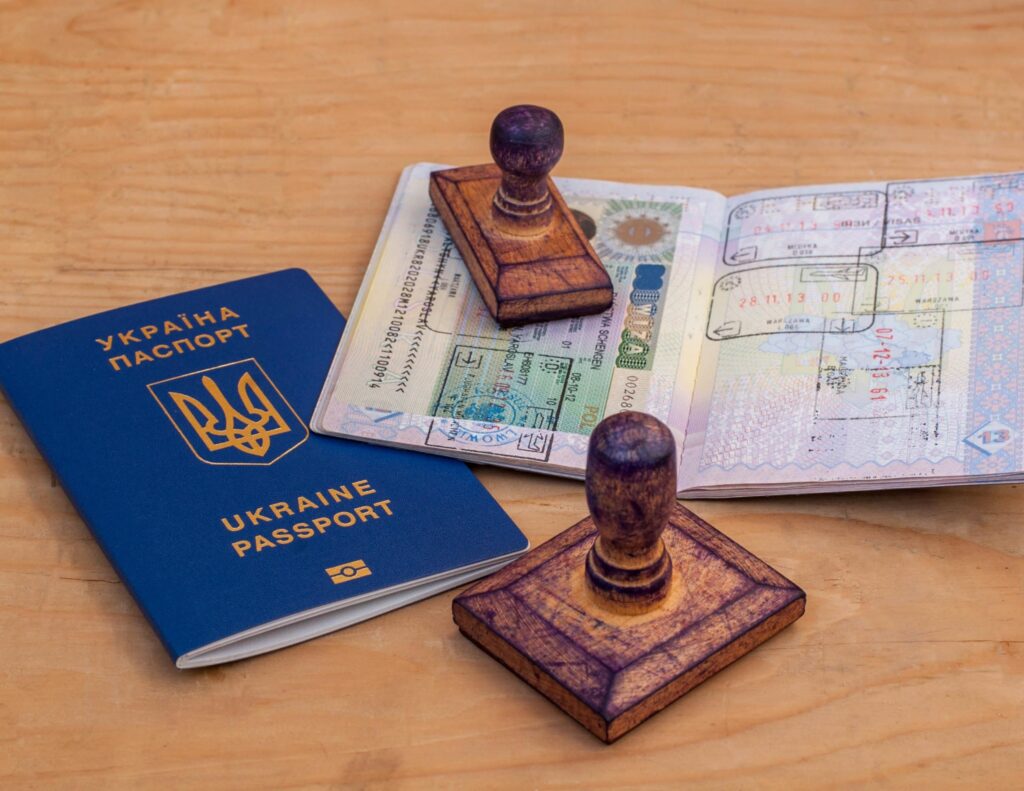
Although studying overseas offers a fantastic chance for both academic and personal development, it also comes with its own set of difficulties. International students frequently encounter a variety of challenges, ranging from homesickness and cultural misunderstandings to financial strains and linguistic problems. These obstacles can be overcome, though, with proactive tactics, ingenuity, and an open mind, opening the door to a fruitful and fulfilling encounter. In order to assist international students overcome these challenges and succeed in their new surroundings, this thorough guide explores the typical problems they encounter and provides workable answers.
I. Common Challenges and Effective Solutions:
1. Language Barriers: Bridging the Communication Gap
• Challenge: Misunderstandings, loneliness, and dissatisfaction might result from having trouble speaking in the native tongue. Simple things like placing an order for meals, getting directions, or chatting with people might turn into major challenges.
• Solution:
o Take Language Classes: Attending formal language classes, whether offered by private or university-based organisations, offers a methodical approach to language learning.
o Make Use of Language Learning Apps: Apps such as Duolingo, Babbel, and Memrise can be useful resources for practicing grammar and vocabulary as well as enhancing classroom instruction.
o Practice with Native Speakers: Practice is the key to increasing fluency. Look for chances to engage with native speakers, whether it’s through conversation groups, language exchange partners, or just chatting with locals.
o Immersion: Read local newspapers and publications, watch local films and television series, and listen to local music to fully immerse oneself in the language.
2. Financial Struggles: Managing the Cost of International Education
• Challenge: Managing living expenses, tuition fees, and other costs associated with studying abroad can be overwhelming, especially for students with limited financial resources.
• Solution:
o Create a Realistic Budget: Develop a detailed budget that outlines your expected income and expenses. Track your spending and make adjustments as needed.
o Explore Part-Time Job Opportunities: Many countries allow international students to work part-time while studying. Research the regulations and explore job opportunities that fit your schedule and skills.
o Apply for Scholarships and Grants: Numerous scholarships and grants are available for international students. Research eligibility requirements and submit applications well in advance of deadlines.
o Seek Financial Aid from Your University: Many universities offer financial aid packages to international students, including scholarships, grants, and loans. Contact your university’s financial aid office to learn more about these options.
o Look for Affordable Accommodation: Explore different accommodation options, such as on-campus housing, shared apartments, or homestays, to find the most budget-friendly solution.
3. Academic Pressure: Thriving in a New Academic System
• Challenge: It might be difficult to adapt to a new academic system with different expectations for homework, grading schemes, and teaching philosophies.
• Solution:
o Develop Time Management Skills: Juggling the demands of school with other obligations requires effective time management. To prioritise work and maintain organisation, use time management tools, calendars, and planners.
o approach Professors and Academic Advisors for Help: If you’re having trouble with your schoolwork or need advice on academic issues, don’t be afraid to approach your professors or academic advisors for assistance.
oEstablish Study Groups with Your Peers: Understanding the course material, getting ready for tests, and exchanging study advice can all be facilitated by working together with other students.
o Make Use of University Resources: Tutoring centres, writing workshops, and library resources are just a few of the academic support services that universities provide. Make use of these resources to raise your academic standing.
4. Cultural Misunderstandings: Navigating Cultural Differences
• Challenge: Differences in traditions, customs, and social etiquette can lead to misunderstandings and social challenges.
• Solution:
oPre-Arrival Cultural Research: Learn about the customs, culture, and social mores of your host nation before you travel there. This will assist you in anticipating cultural differences and preventing inadvertent blunders.
Remain Respectful and Open-Minded: Be open-minded and eager to learn while dealing with cultural differences. Even if local traditions and customs are different from your own, show respect for them.
o Take Part in Cultural Exchange Activities: To get to know the locals and learn more about their culture, take part in cultural exchange events, language exchange programs, and festivals.
o Ask Questions and Seek Clarification: If you’re unsure about something, don’t hesitate to ask questions and seek clarification from locals. Most people are happy to share their culture with newcomers.
5. Health Issues: Accessing Healthcare in a New Country
• Challenge: Falling sick in a foreign country, without familiarity with the local healthcare system, can be daunting.
• Solution:
o Secure Comprehensive Health Insurance: Ensure you have comprehensive health insurance that covers medical emergencies, routine check-ups, prescription medications, and mental health services.
o Familiarize Yourself with Local Healthcare Facilities: Research the nearest hospitals, clinics, and doctors to your accommodation. Save their contact information in your phone.
o Maintain a Healthy Lifestyle: Eat a balanced diet, get regular exercise, and prioritize sleep to maintain your physical and mental health.
o Carry a First-Aid Kit: Pack a small first-aid kit with basic medications for minor illnesses.
II. Homesickness and Cultural Shock: Emotional Well-being
Homesickness:
• Recognize It: Understand that feeling homesick is a natural part of the adjustment process. Don’t be ashamed to admit that you’re missing home.
• Stay Connected: Regularly communicate with family and friends through calls, messages, or video chats. Sharing your experiences with them can help you feel more connected.
• Create a Routine: Establishing a daily routine can provide a sense of stability and control in a new environment.
• Bring Comfort Items: Bringing personal items, such as photos, favorite snacks, or a familiar book, can create a sense of familiarity and comfort.
Cultural Shock:
• Understand It: Acknowledge that cultural differences may initially feel overwhelming. It’s normal to experience a range of emotions, from excitement to confusion to frustration.
• Learn and Adapt: Continue to learn about the host country’s customs, etiquette, and traditions. The more you understand the culture, the easier it will be to adapt.
• Join Support Groups: Connect with other international students or expat communities who may share similar experiences. Sharing your feelings and challenges with others can be incredibly helpful.
• Practice Patience: Allow yourself time to adjust. Cultural adaptation is a process, and it takes time to feel comfortable in a new environment. Be patient with yourself and celebrate your progress.
III. Proactive Strategies for Success:
• Be Proactive: Don’t wait for problems to arise. Take proactive steps to address potential challenges before they become overwhelming.
• Seek Support: Don’t be afraid to ask for help. Utilize the resources available to you, whether it’s your university’s international student office, counseling services, or student support groups.
• Embrace the Experience: Studying abroad is a unique and transformative experience. Embrace the challenges and opportunities that come your way, and be open to learning and growing from your experiences.
Conclusion:
Studying abroad is a path to both intellectual and personal development. You may overcome these obstacles and get the most out of your foreign education experience by being aware of the typical problems encountered by international students and taking proactive measures to address them. Remind yourself that you have support networks and resources to help you succeed; you are not alone. You can overcome challenges, accept different cultures, and make lifelong memories while travelling overseas if you have resiliency, ingenuity, and an open mind.



